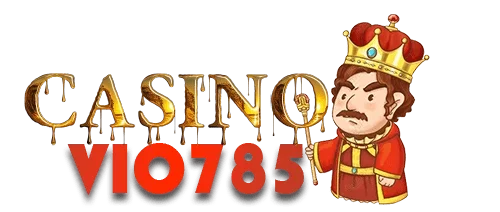Whenever people speak of the best games of their generation, the nama138 conversation inevitably turns toward PlayStation games. These are titles remembered not for how many enemies they featured or how large their maps were, but for how they made people feel. Even PSP games, often underrated in the broader narrative, demonstrated this same emotional precision. Sony knows something many in the industry forget—players want to care.
In The Last of Us Part II, the line between vengeance and forgiveness blurred with each decision. Spider-Man asked what it means to be heroic in the face of loss. Ghost of Tsushima beautifully painted a man’s transformation as he abandoned his code for a greater good. These weren’t mere action games—they were internal battles told through external choices. PlayStation creates protagonists who aren’t just capable—they’re human.
PSP’s storytelling was no less bold. Jeanne d’Arc turned myth into a personal quest marked by sorrow and purpose. Patapon used rhythm to deliver commentary on belief, community, and leadership. Tactics Ogre thrust players into political chaos where no side was truly right or wrong. These were not quick distractions—they were small but powerful fables, each built with sincerity and artistic ambition.
Sony’s philosophy remains clear: don’t treat players like casual observers. Invite them in. Let them shape the outcome. Let them think, feel, and grow. Whether on a living room console or a portable screen, the mission remains unchanged—to build a bond between the game and the player that goes far beyond the controller. And that’s what makes PlayStation more than a console—it’s a home for meaning.
